Wildlife and Habitat
Keystone catalyzes wildlife and habitat solutions for public and private lands. Our recent work includes:
-
Engaging public, stakeholder and technical feedback for the development of Colorado’s wolf restoration and management plan.
-
Working with agricultural stakeholders to develop and deliver tools and resources to improve biodiversity and pollinator health.
-
Connecting stakeholders and researchers on the use of synthetic biology, gene editing and gene drive technologies for conservation and in environmental settings.
-
Enhancing Tribal engagement on wildlife management issues.
Featured Projects
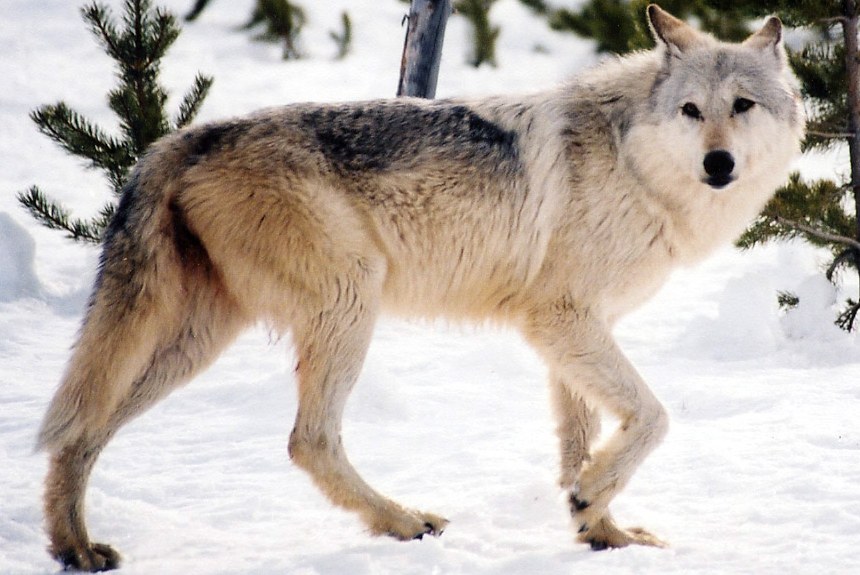
Gray Wolf Restoration and Management Public Engagement
Colorado voters passed Proposition 114 directing the Colorado Parks and Wildlife Commission to begin the planning process to reintroduce gray wolves west of the Continental Divide no later than December 2023. Keystone was selected by Colorado Parks and Wildlife to implement a robust public involvement effort that provides a variety of opportunities for Coloradans to engage, learn, and provide substantive input and feedback on the wolf reintroduction restoration and management planning process. Learn More
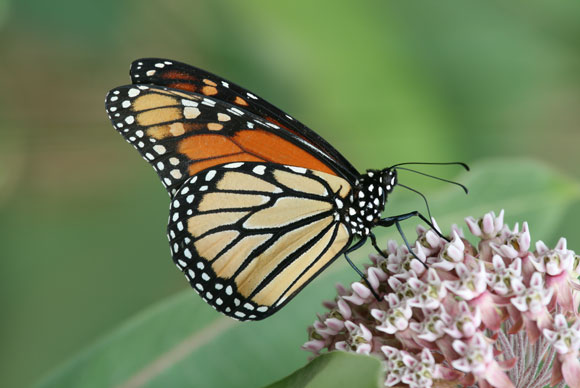
Farmers for Monarchs
Following recent declines in monarch butterfly populations, the Keystone Policy Center brought together a diverse group of committed stakeholders, including scientists, conservationists, farmers, and the private sector, to find collaborative solutions to strengthen monarch populations and habitat. Initial conversations were held in spring of 2015 by a group that became the Monarch Collaborative. In 2021, the group changed its name to Farmers for Monarchs – a Keystone Collaborative. It leads ongoing efforts to develop collaborative strategies to promote and implement actions that will support monarchs in agricultural landscapes. Learn more
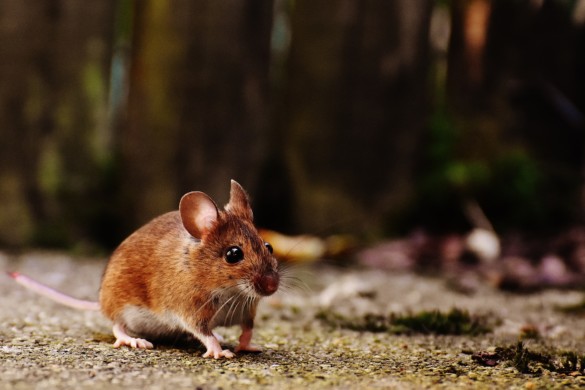
Exploring Stakeholder Perspectives on the Development of a Gene Drive Mouse for Biodiversity Protection on Islands
Gene drives — mechanisms for biased inheritance —have implications for a wide range of fields, including public health, ecology, national security, and more. Gene drives can occur naturally in populations, but scientists are working to develop new drives in the lab through genetic engineering. Keystone worked in partnership with North Carolina State University and Arizona State University to incorporate stakeholder input into gene drive research exploring the feasibility and suitability of the use of gene drives for control of invasive rodents, which threaten island ecologies and biodiversity. Reports are available here.
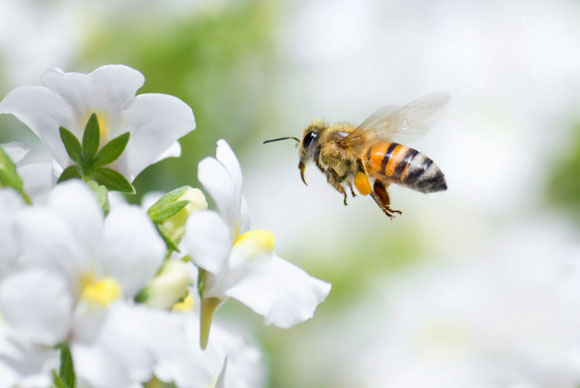
Honey Bee Health Coalition
Honey bees support more than $20 billion in U.S. and Canadian agriculture annually. Faced with recent declines in honey bee health, the Keystone Policy Center brought together representatives of beekeepers, growers, researchers, government agencies, agribusinesses, conservation groups, manufacturers and brands, and other key partners. Officially convened in 2014, the Honey Bee Health Coalition is working to help improve honey bee hive management and nutrition, increase forage for bees, control crop pests while safeguarding pollinator health, and enhance public-private outreach, communications, and education. Learn More
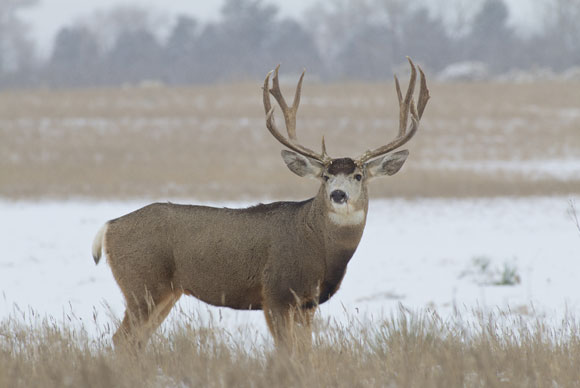
Mule Deer
Facing declines of mule deer populations across the Centennial State, the Colorado Parks and Wildlife worked with the Keystone Policy Center in 2014 to seek input statewide on strategies to confront this problem. The Keystone Policy Center worked with the state to solicit input from sportsmen, landowners, outfitters, biologists, wildlife managers, other state agencies, federal agencies, local elected officials, and other key stakeholders.
Keystone’s extensive outreach and expertise resulted in two reports:









